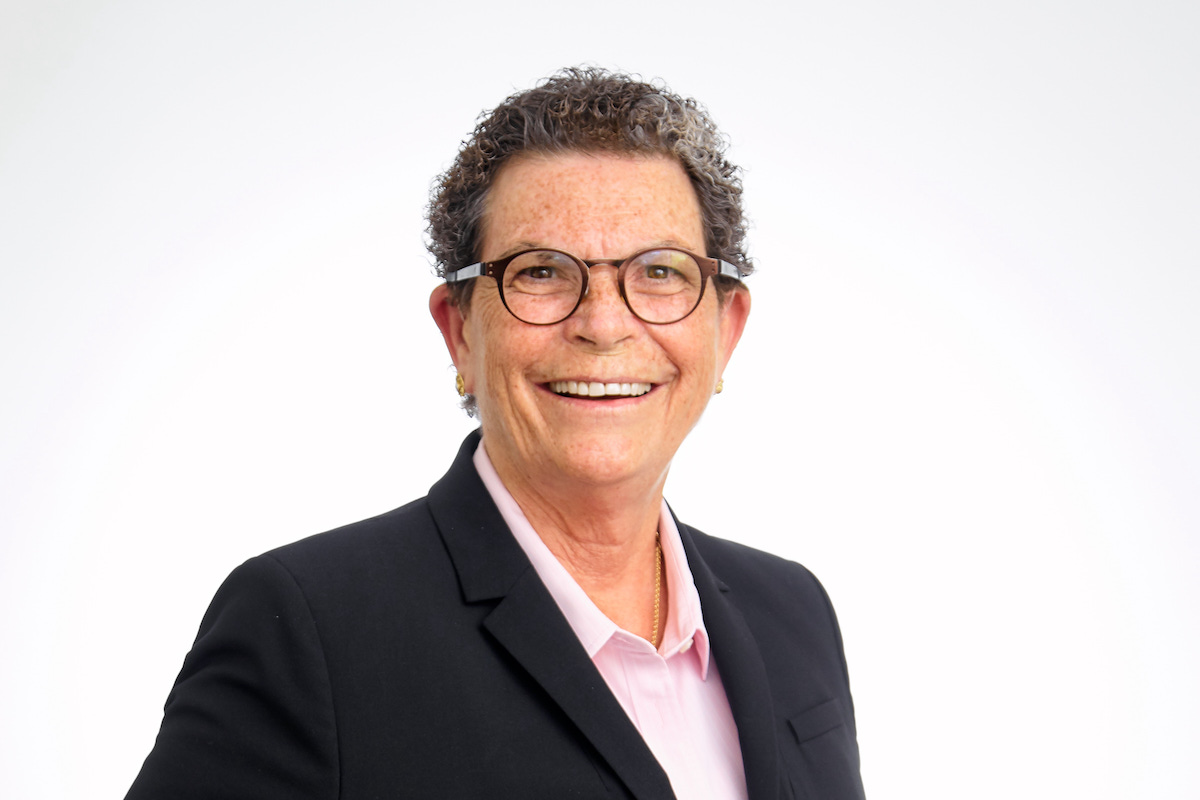She was fearless.
It was the late 1980s. We were about the same age. I was the most junior of Harvard medical faculty and was completing my oncology training at the Dana Farber Cancer Institute. Susan Love had completed her surgical training at Harvard’s Beth Israel Hospital and had been recruited as a breast surgeon to the Faulkner Hospital, where she created the Faulkner Breast Center.
We both participated in the weekly conference of breast cancer specialists, each week focusing on the details and nuances of best cancer medical practice. This breast cancer tumor board was led at the time by a team of predominantly male senior faculty, all recognized for their extraordinary academic credentials, but all burdened by the presumption that they were entitled to the deference of their junior colleagues.

It was in that setting that Susan Love was so remarkable. She was resolute. She was determined. She didn’t equivocate. She was not intimidated. She never retreated. Susan Love consistently advocated for changes in the standard of care that, while controversial at the time, have subsequently become widely accepted practice.
Chief among the causes for which she argued was breast conservation. While many of her male colleagues were comfortable celebrating the abandonment of the extraordinarily deforming Halstead radical mastectomy in favor of a modified, more justifiable approach to breast surgery, Susan Love argued relentlessly for breast conservation. This was not an issue of vanity. She would explain years later that this was a matter of body integrity. Indeed, studies would go on to show better cancer outcomes with lumpectomy and radiation compared with mastectomy in some patients.
She lashed out harshly at the breast cancer care at the time, labeling it as “slash, burn and poison.” Indeed, looking back on breast cancer care three decades ago, it’s clear in retrospect that her criticisms were not far from the mark.
Susan Love also warned of the limited accuracy of mammography in younger women. Over the years, the profession has come to recognize the impact of breast density on the accuracy of mammograms. In 2013, California passed a law requiring doctors to notify women if their breast tissue is dense.
She was equally resolute in her personal life. She came to those Harvard conferences as a pregnant, openly gay surgeon. (Her daughter, Katie Patton-LoveCooksey [CQ], was born in 1988.) Susan Love was partnered; however, the law at the time recognized only the gestational mother as the parent. In 1993, the Massachusetts Supreme Judicial Court granted the Drs. Susan Love and Helen Cooksey the right to adopt their daughter jointly. This was the first time that a same-sex couple had been allowed to jointly adopt in Massachusetts.
In 1991, Susan Love founded the National Breast Cancer Coalition. Today, the NBCC continues to serve as a “collaboration of activists, survivors, researchers, policymakers, grassroots groups, and national organizations that have come together as disruptive innovators for social change.”
In 1992, Susan Love left Harvard for UCLA, where she established and directed the UCLA Breast Center. Today, the Revlon UCLA Breast Center continues to be a leading source of innovation and research.
Dr. Love and her wife had a home here in Santa Barbara. In 1995, she took over the leadership of the Santa Barbara Breast Cancer Institute, an entity created here in 1983 by Dr. Otto Sartorius. By 2000, her impact upon breast cancer medicine in general and upon the work of the Breast Cancer Institute in particular had been so profound that the entity was renamed the Dr. Susan Love Foundation for Breast Cancer Research, and in 2004, the organization moved to Pacific Palisades.
In the 1990s, at a meeting held at the Santa Barbara Public Library, Dr. Love advocated for the creation of community-based centers for education and support of women with breast disease. This led to the creation of the Breast Cancer Resource Center, an organization that continues to this day as a vital source of support and counseling for women and their families in Santa Barbara.
For those of us who have the privilege of practicing medicine, there is a plethora of resources summarizing the accumulated medical knowledge acquired over years of painstaking research. At the same time, there are no instruction manuals for determining which medical assumptions to accept and which to challenge. Physicians who challenge long-held beliefs continue to do so at their personal and professional peril. But, in Susan Love, who died on July 2 of leukemia, we all have a model for tireless advocacy and limitless compassion. And, fortunately for us, that model survives the loss of the great healer who lived it.
Dr. Fred Kass is an assistant clinical professor at UCLA and affiliated with UCLA Health in Santa Barbara.


You must be logged in to post a comment.